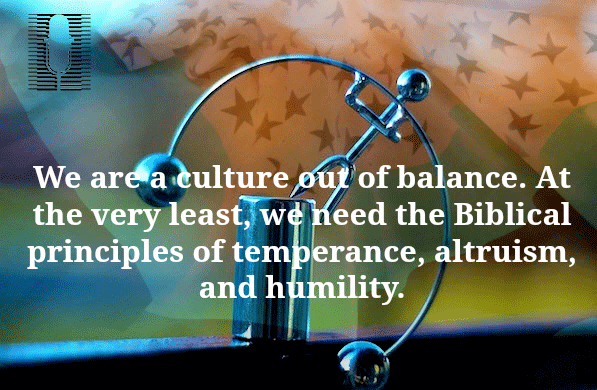We live in different worlds and different cultures. To make that point David Brooks tells the story of two quarterbacks that played against each other in Super Bowl III. Johnny Unitas and Joe Namath were both superstars who came from Western Pennsylvania to the NFL. But that were different in nearly every other way. Brooks says, “Unitas was reticent, workmanlike and deliberately unglamorous. Namath was flashy and a playboy.” In fact, Joe Namath turned himself into a brand long before NFL players considered what brand they wanted to project.
David Brooks began thinking about these contrasts when he was writing his book, The Road to Character. These two men symbolize the shift from a culture of self-effacement to the culture of self-expression. A person who embodies the former tries not to call attention to himself or herself and feels that he or she is not better than anyone else. A person who is in the latter category tries to attract attention by saying, “Look what I’ve accomplished. I’m special.”
When did this shift in cultural values take place? The conventional story is that the shift took place in the 1960s with the baby boom generation. David Brooks discovered in researching his book that it didn’t take place during Woodstock and the Age of Aquarius. It took place near the end of the World War II with the builder generation.
Americans had endured years of hardship: starting with the Depression and continuing on through the Second World War. They were ready to let loose. They followed what one historian called “the renunciation of renunciation.” They wanted the good times to roll, and this took place during the greatest economic expansion in an economy during any generation. As I document in my book, Signs of Warning, Signs of Hope, the median family income during the 1950s and early 1960s doubled (even when adjusted for inflation).
Today I think we can admit that we overshot the mark. We are a culture out of balance. At the very least, we need the biblical principles of temperance, altruism, and humility.
 Listen Online
Listen Online Watch Online
Watch Online Find a Station in Your Area
Find a Station in Your Area









 Listen Now
Listen Now Watch Online
Watch Online
